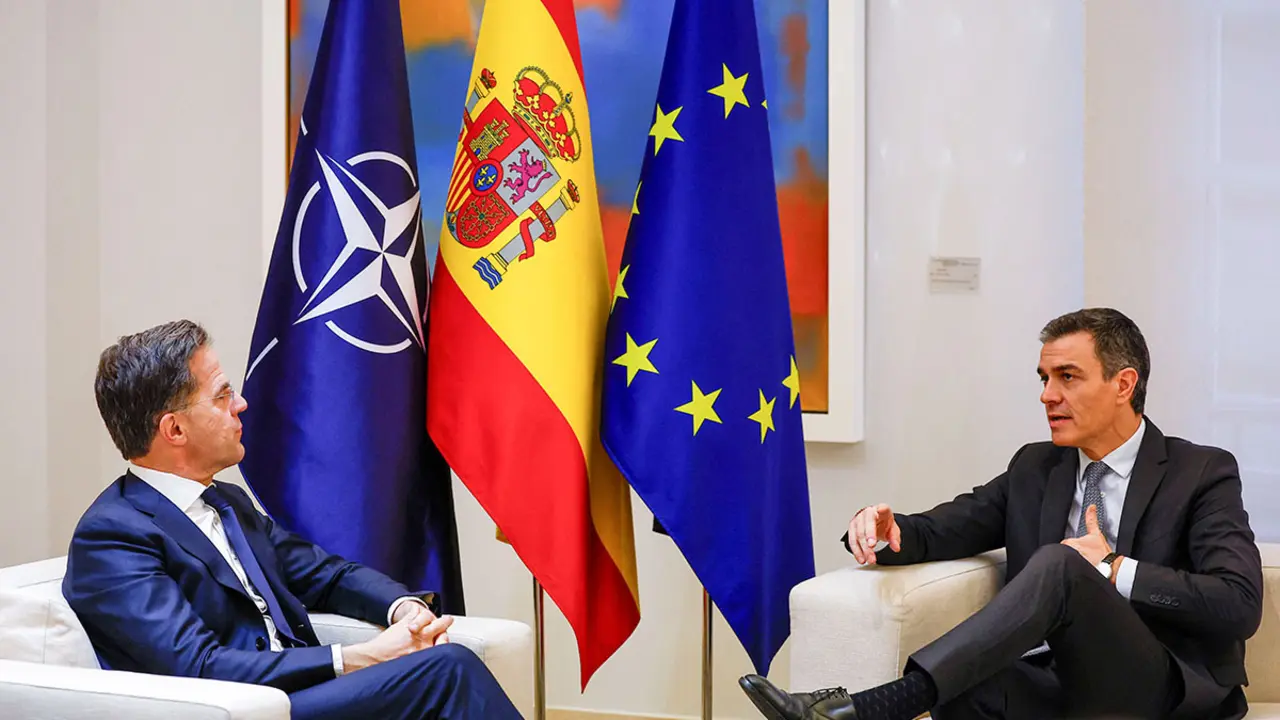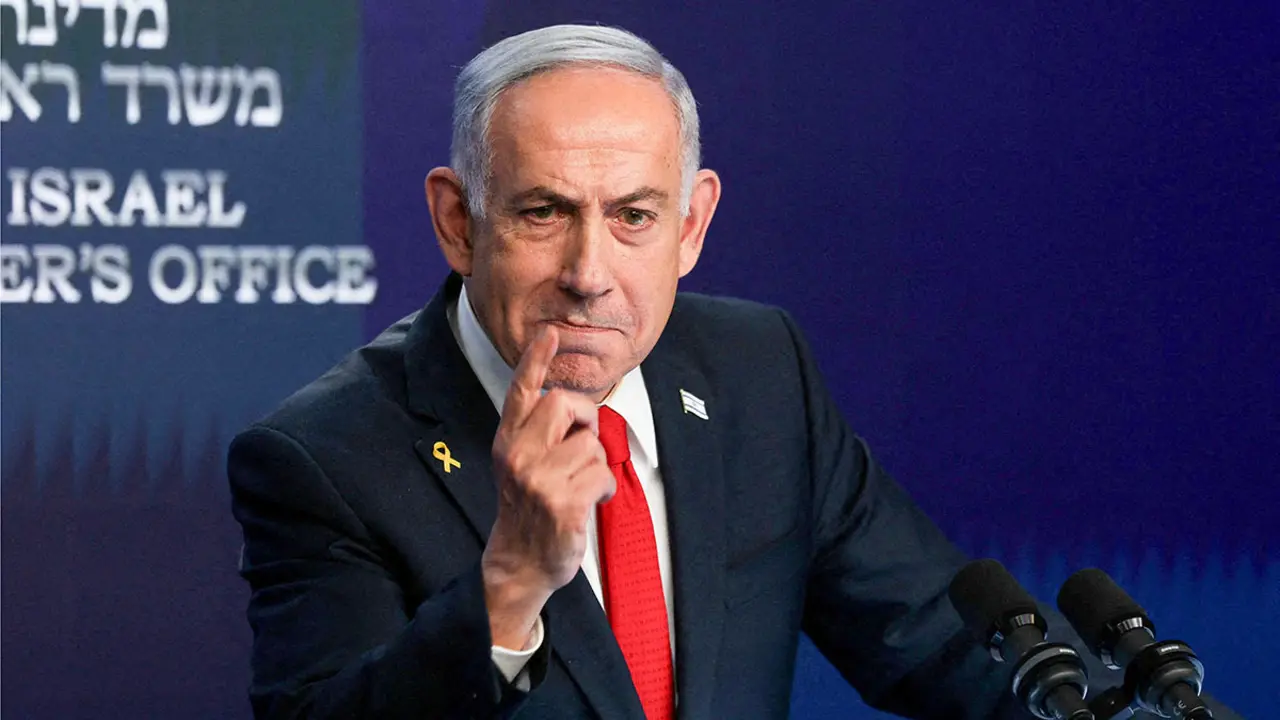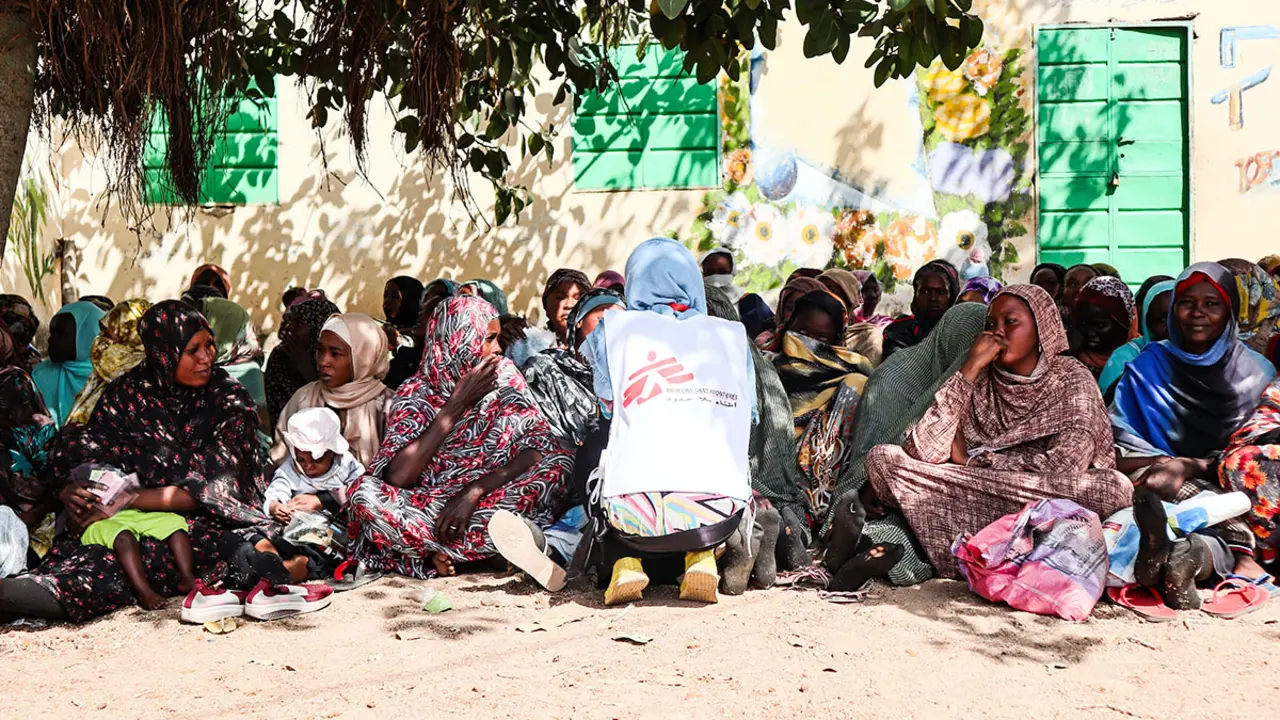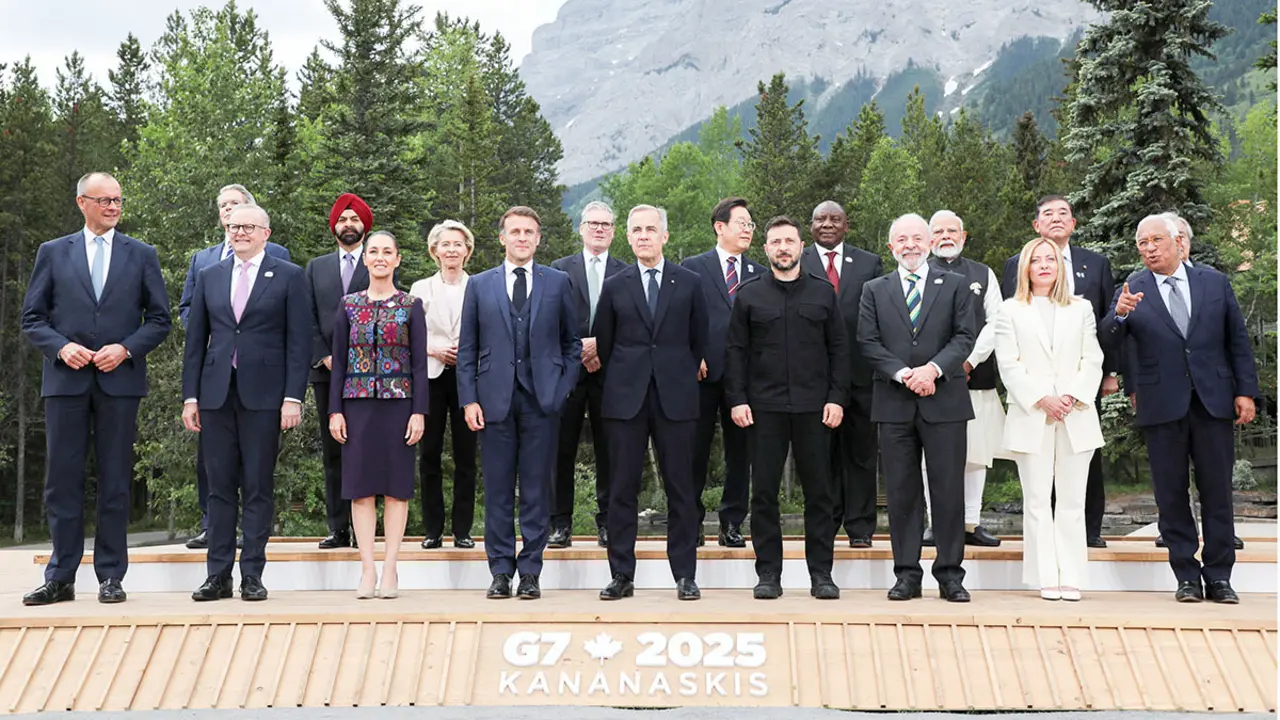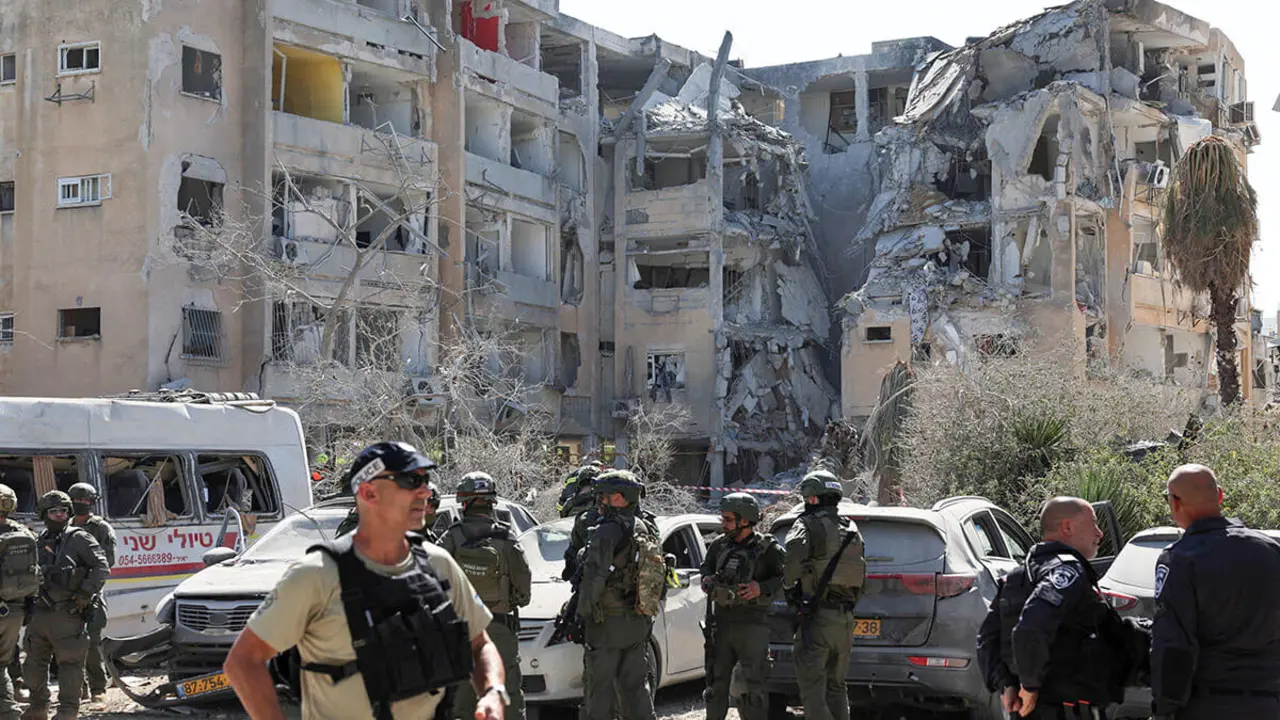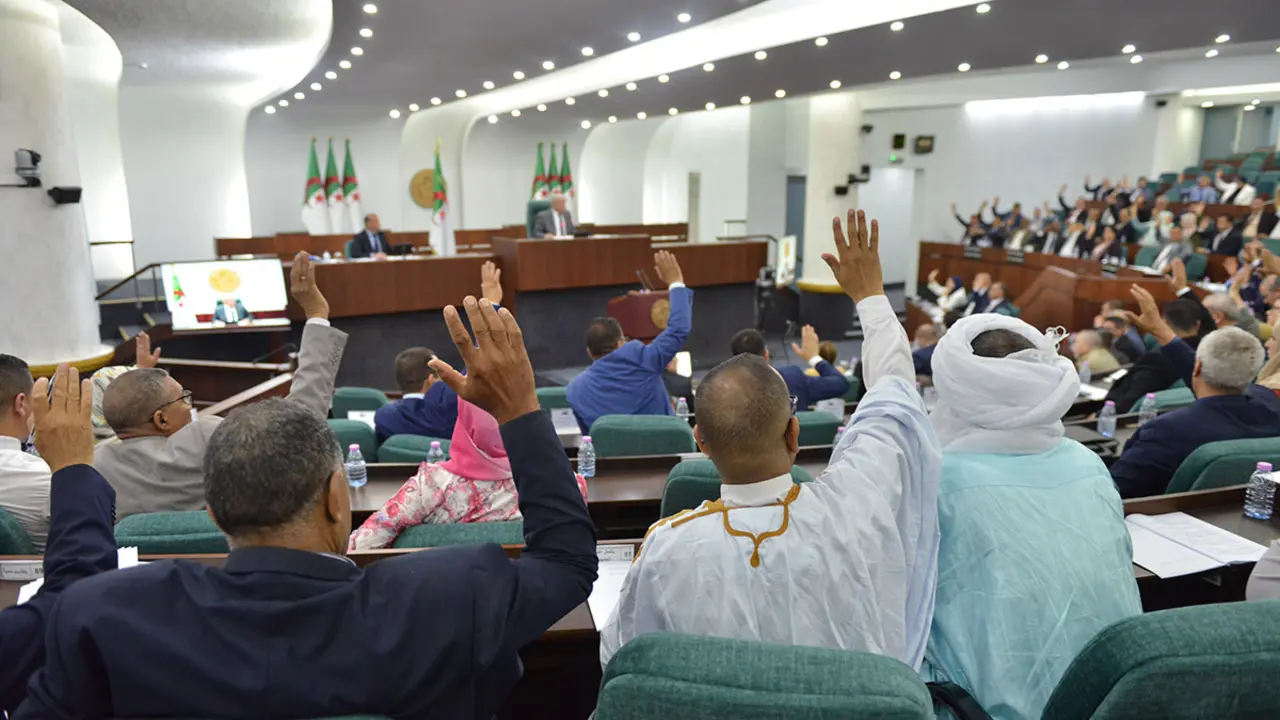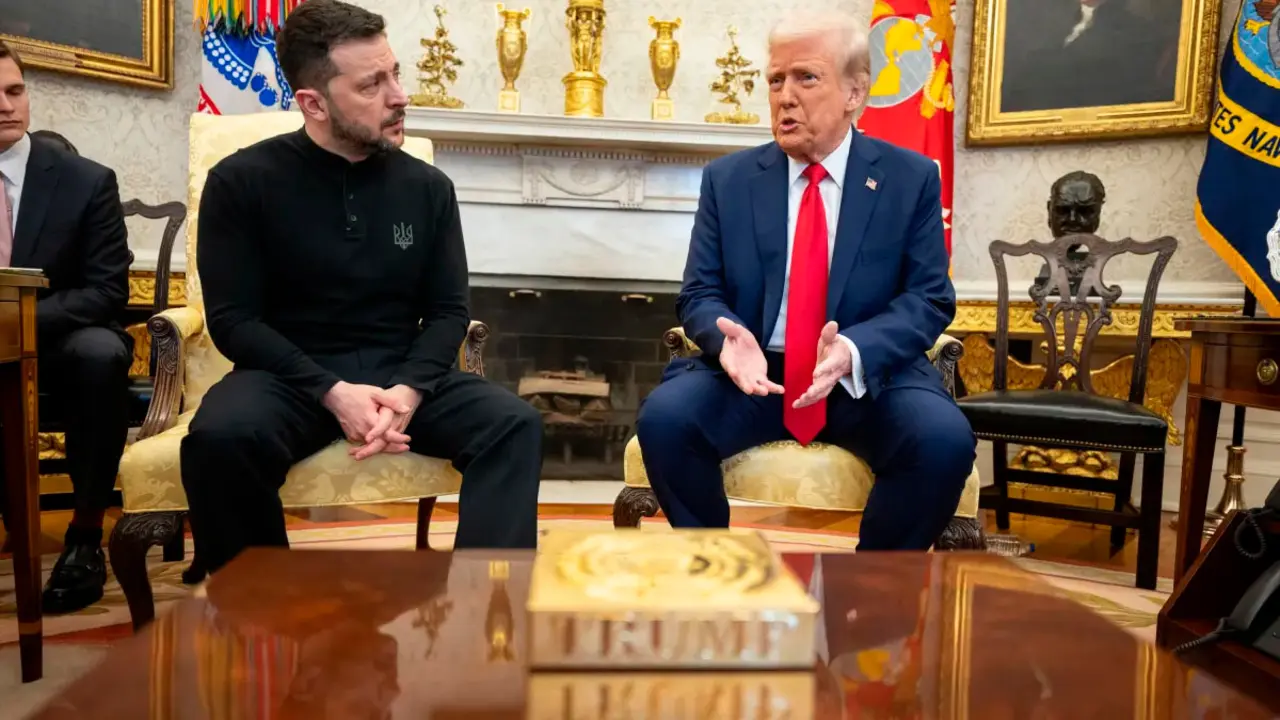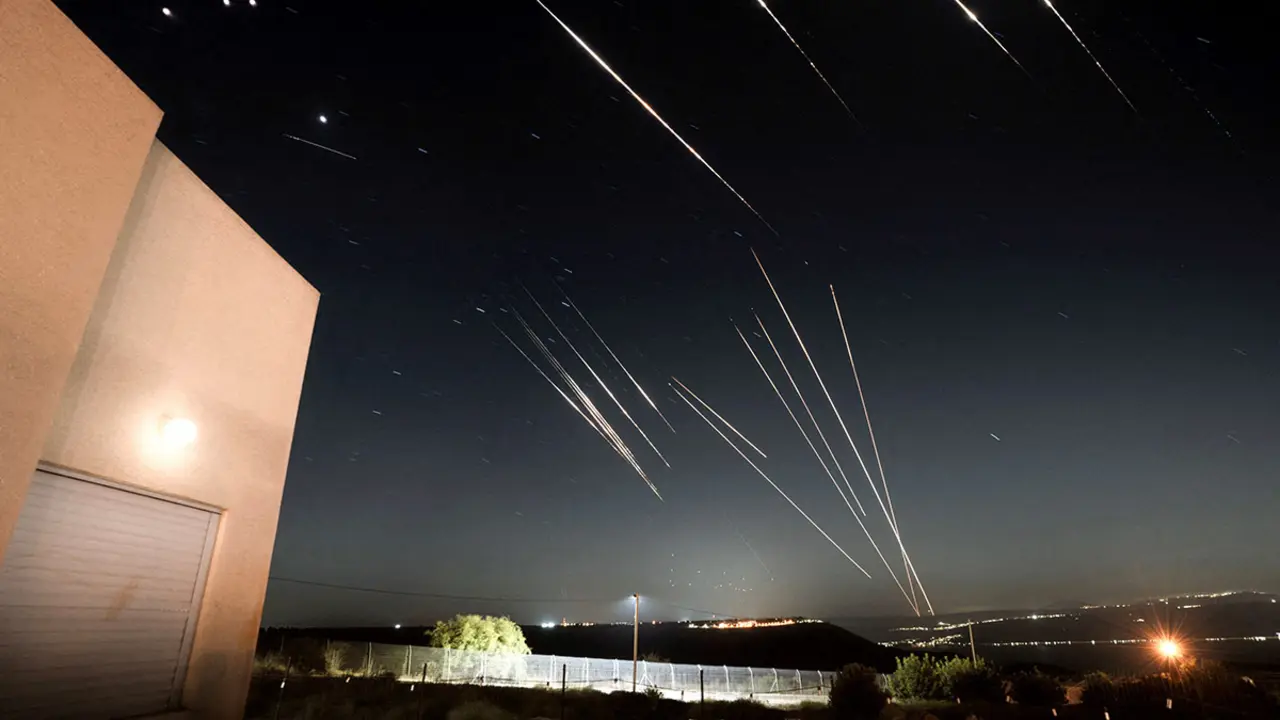Francisco Aldecoa: "A new stage has been opened"

The Conference on the Future of Europe began with a pandemic and ended with a war on the continent. What is your assessment of the project?
The conference is highly innovative in that it is the first time that representatives of the institutions, representatives of civil society and citizens have engaged in a systematic dialogue to draw up proposals to improve the functioning of the European Union. This has been done through 7 plenary sessions during the years 2021 and 2022. The project has gained much more momentum, especially since 24 February, the date of Russia's aggression against Ukraine. The political temperature and the perception of citizens in the plenary sessions, which have been the last four, have become much more intense.
My personal impression is that the citizens have been given too much participation, in the sense that they have monopolised the initiative of the proposals, limiting the scope of the CoFoE. In any case, there are 49 proposals and more than 300 measures, many of them innovative.
But, above all, the most important thing is that almost half of the proposals that have emerged from this meeting call for the reform of the European Treaties. In this regard, on 6 May, the European Parliament went ahead and proposed a resolution by 455 votes, i.e. with more than 60% of the House, calling on the European Council to convene a Third European Convention. This seems to mark the beginning of a new stage.
In addition, yesterday's session of the Conference, which is the last one in which the conclusions are drawn up, was attended by the three co-presidents and the three presidents of the institutions within Parliament, and there was a great act of conciliation between the representatives of civil society and the representatives of participatory democracy. In other words, civil society, citizens and the representatives of the institutions, the 3 top leaders: the President of the Parliament, Roberta Metsola; the President of the European Commission, Ursula von der Leyen; and the French President, Emmanuel Macron, as President of the European Council.
These leaders put on an impressive act where they not only accepted CoFoe's proposals, but even raised the need for more ambition. Especially Macron, who had only 10 minutes to speak, spoke for more than 35 minutes. The French president practically committed himself to convening the Third Convention if there is a sufficient majority at the next European Council on 23 June, although this only requires a simple majority, i.e. 14 votes.

Could you point out some of the most interesting proposals from your point of view? Among the 49 proposals are there ideas related to Defence because of the current situation in Europe?
Security and defence has not worked best. However, health has. The need for a European public health policy has been raised. In social policy, the need for a new protocol. Also the development of social policy, the development of migration policy, transnational lists and so on.
When are these proposals going to receive a response?
The President of the Commission promised to make a first assessment in the State of the Union speech in September, and that they would be implemented immediately as soon as possible. In any case, there will be another conference in the autumn where we will follow up on how it is being implemented.
BREAKING — Conference on the Future of Europe approves radical overhaul of the EU: end of unanimity, abolishment of veto’s, launch of Joint Armed Forces of the Union, transnational lists and many other reforms…
— Guy Verhofstadt (@guyverhofstadt) April 30, 2022
?? pic.twitter.com/idm2twLN4y
A change in the European Treaties has been mooted, as well as an end to unanimity. What are the chances of this going ahead? Many countries such as Hungary or Poland could oppose it.
10 countries have already drawn up a declaration opposing these reforms. I think that if the big countries, which account for 80 or 90% of the population, are willing to approve the call, it is very difficult for those that account for 10 to 12% of the population to block it. It seems unthinkable to me, but in the process of European construction we have seen everything.
I believe that this will go ahead. On the 23rd we will convene the new Convention. This is not just about partially approving some of the elements, it is about strengthening the Union's model in the face of the major circumstances we are experiencing, especially the war. It is about taking a further step in strengthening our process, it is about looking to the future.
It is about "looking boldly, freely, with great vision", as Macron said. We must make a lot of progress, we cannot stand still in the situation we find ourselves in. And, above all, I would like to emphasise that this speech had a tremendous echo among all those present, more than 1,000 of us. There was a consensus between citizens, representatives of citizens and civil society and the representatives of the institutions.
It is a new constituent moment, a new moment. There are circumstances that were not foreseen. And that is what is making it go at the speed it is going. I believe that, in part, because this has been going on for some time. In response to COVID-19, fundamental structural measures are being taken that involve major innovations, especially of a general nature, such as the New Generation Funds. In other words, the process was already underway. Now we are taking a further step, especially accelerated by the war.
Macron's last proposal, which we don't know how far he will go, is to create a new, different political community. He wants, on the one hand, to deepen the model of the Union through the Commission and, on the other hand, to establish a Confederation between all the European states in which the Ukraine and the neighbouring countries and others that were not part of the project would participate - he even expressly said "the one that has just left". This is proposed in order to gain political and economic weight, and to cooperate in transport, energy, etc. This new community will be confederal, i.e. intergovernmental. It seems that two organisations, two communities, are going to coexist: one, the one we have in depth, federal, the Union; and another, Confederal, which will be all the States of Europe.
This was proposed, although it will have to be specified in the coming days because it is quite innovative. Although it should be noted that Macron himself was that same afternoon with the German Chancellor, Olaf Scholz, and the reactions of the leader have been very positive. This is going fast, faster than anyone thought. And at the same time, the President of the Commission travelled to Poland.
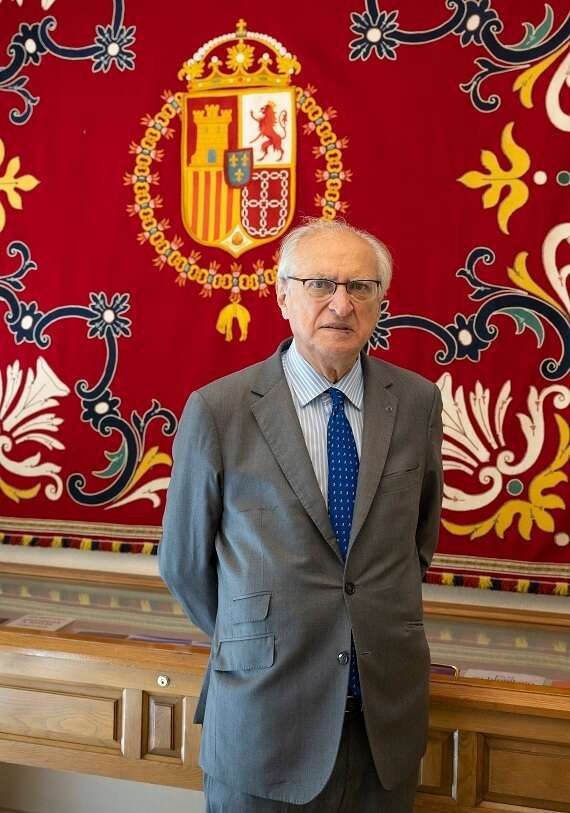
How are the national media covering this event?
It strikes me that our media are not following this issue when Spain is possibly one of the countries that will be most positively affected by this change. But Spanish public opinion is conspicuously absent from this debate.
I went through Frankfurt, where there was real excitement about the decisions that were being taken. But when I arrived in Madrid I turned on the television and radio and they were not reporting on the issue. Nor have the newspapers said anything, some have added very small and sometimes incomplete or erroneous notes.
Although I am sure that this situation will be transitory. The monopoly on domestic issues will be displaced in order to try to understand what is happening in Europe and the world. Other countries also have problems and they do not overshadow the European project. Both can be dealt with at the same time.
Would you like to add anything else about the Future of Europe Conference?
I believe that a new stage has been opened. And that, furthermore, this new stage has a great consistency because it is the institutions, it is representative democracy, it is the leaders, the European Parliament, with more than 60% with the citizens. Therefore, this has to come together. It should also be pointed out that the latest European surveys are very positive; citizens' perceptions are improving.

